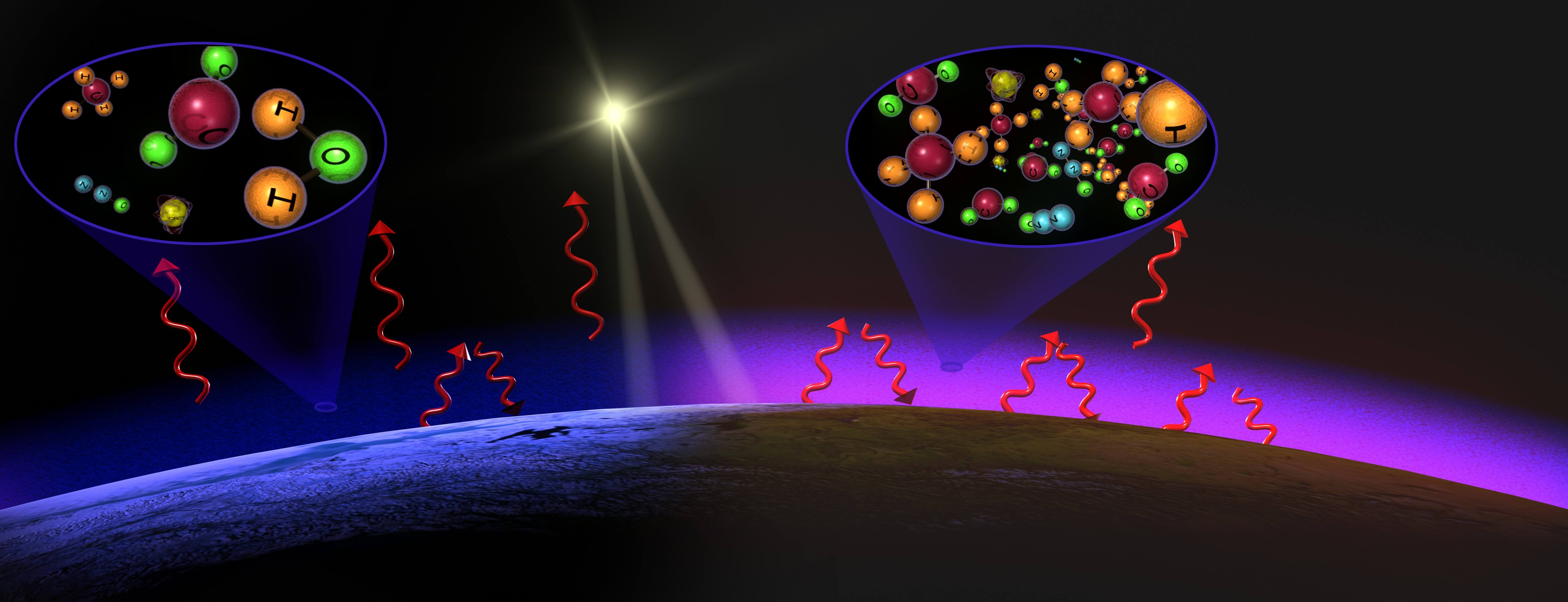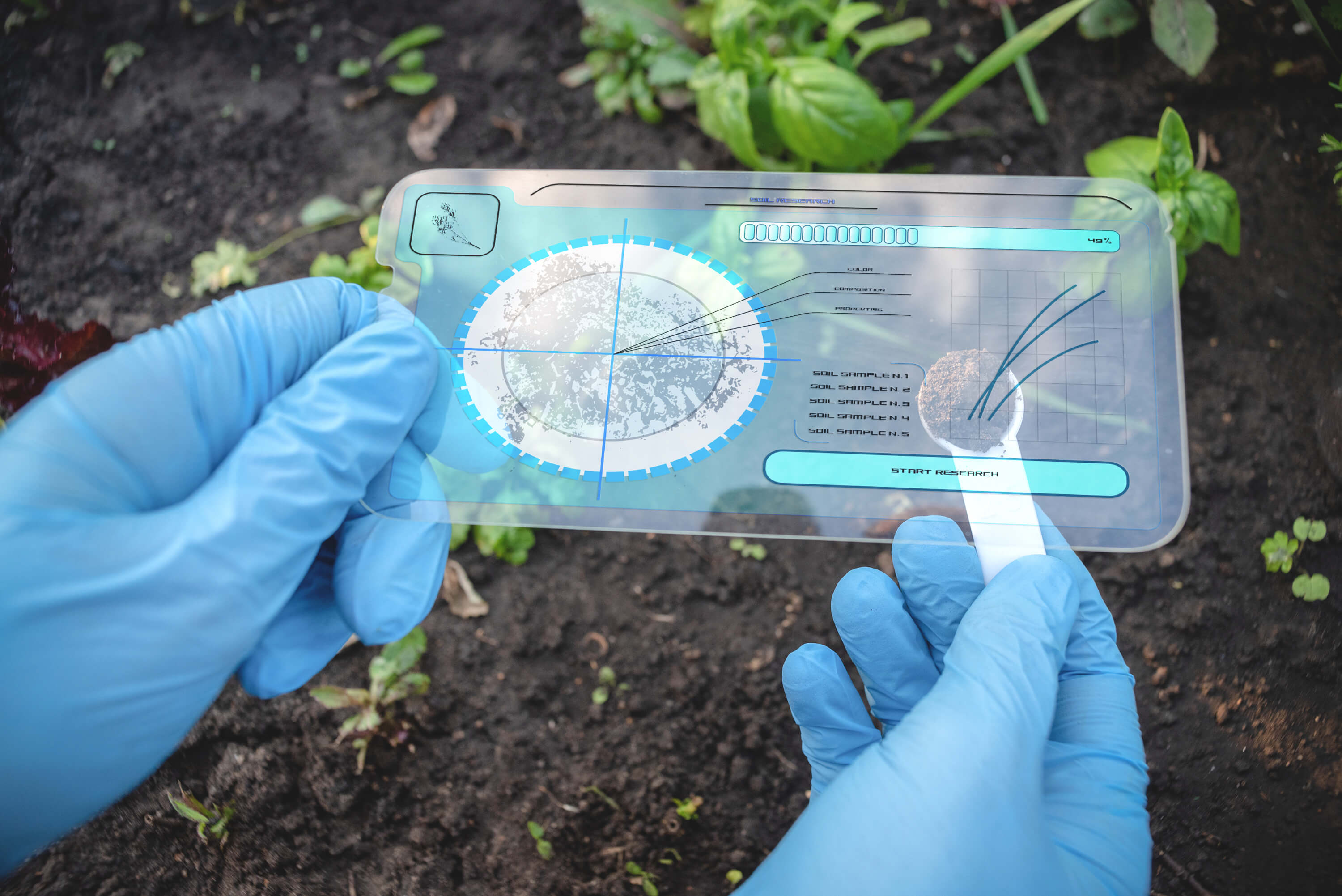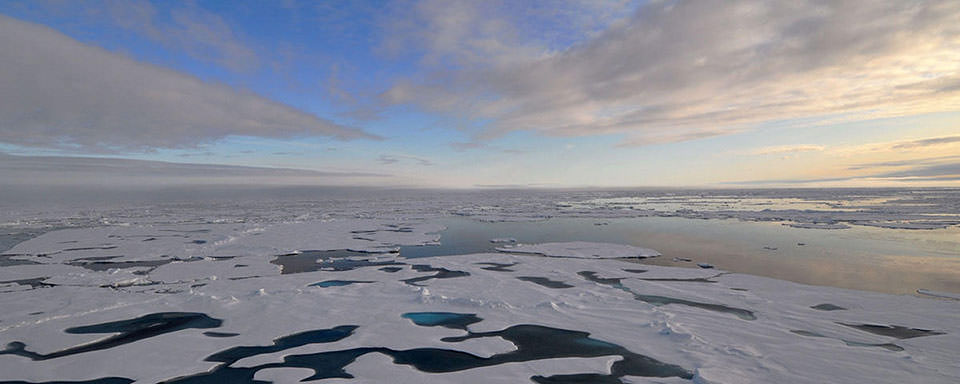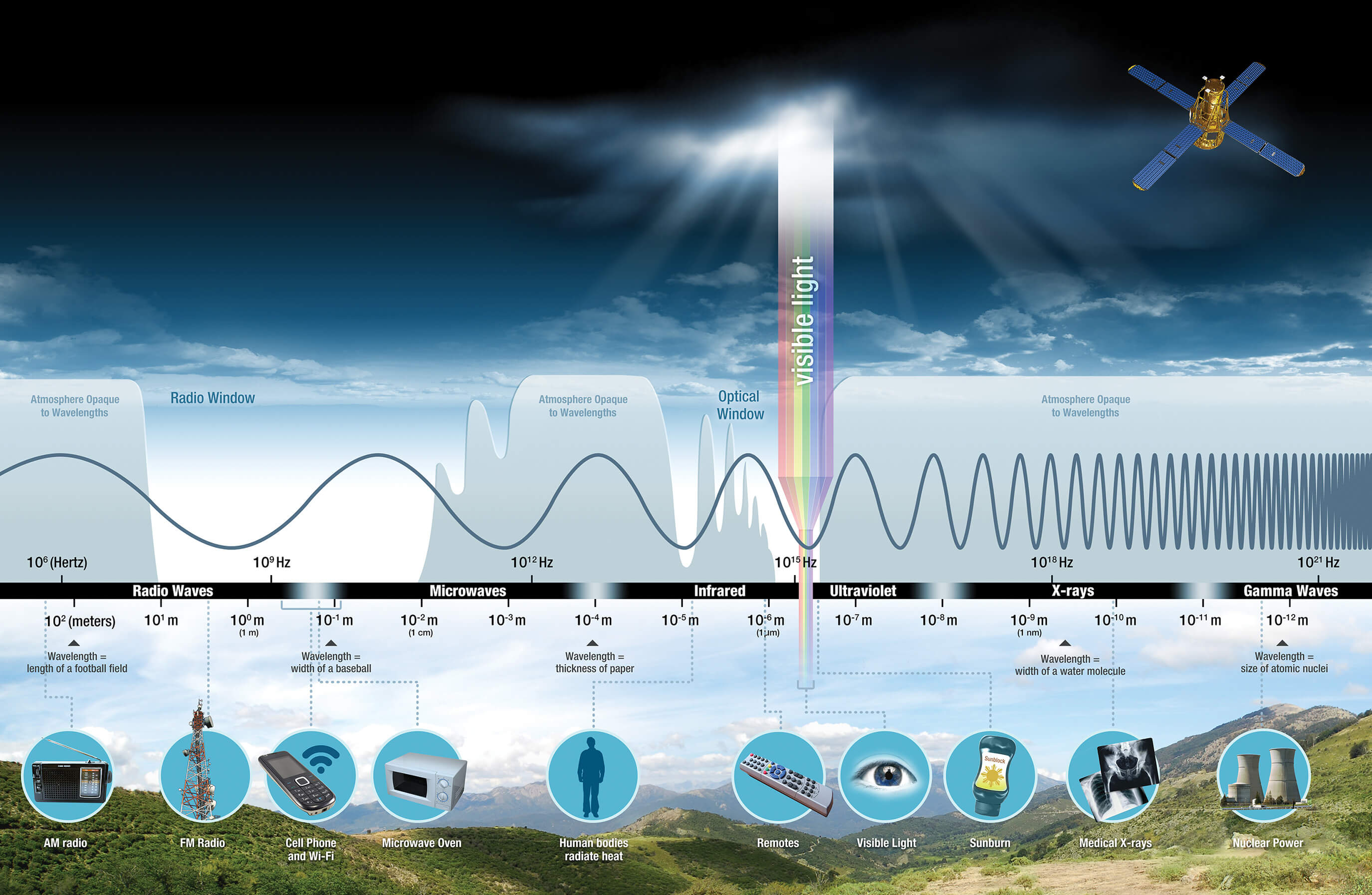News
Sensing the Planet: Johns Hopkins APL Working to Provide Data for Mitigating Climate Change
Researchers at the Johns Hopkins Applied Physics Laboratory (APL) in Laurel, Maryland, are applying expertise in sensing and modeling to predict Earth system changes, providing data to support decisions on the national security aspects of mitigating effects of climate change.
“We need continuous, ubiquitous sensing to understand current states and predict future changes of Earth’s systems,” said Bobby Armiger, a branch supervisor in APL’s Research and Exploratory Development Department (REDD) who, along with colleague Marisa Hughes, leads a program to explore the impact of climate change on our world and national security. “The work we are doing in sensing and modeling will provide next-generation data critical to mitigating climate change and its effects.”
From developing new ways to monitor emissions, soil moisture and arctic ice, to identifying the effect that climate change may have on military sensors, below is a snapshot of the Laboratory’s work in this area.
“These projects represent a small subset of the work we are doing to better understand Earth as a system, and to make sustainable contributions that address national security and global challenges resulting from climate change,” said Hughes, the assistant program manager for Environmental Resilience. “Novel technological advances will be needed to combat climate change, and APL has a proven history of generating the type of breakthroughs that will be needed, ranging from fundamental scientific discoveries, to operational capabilities, to strategic policy analyses.”




